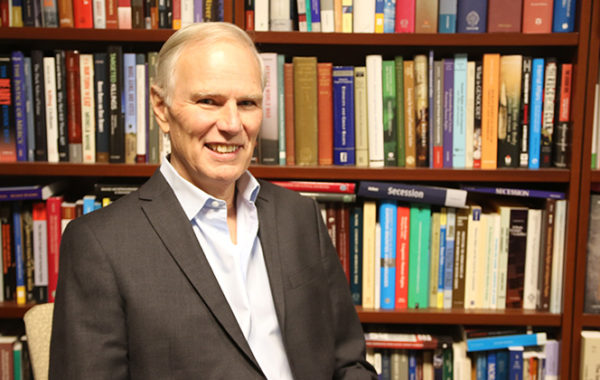Philip Alston, John Norton Pomeroy Professor of Law at New York University Law School and UN Special Rapporteur on extreme poverty and human rights, will give the annual ‘Or ‘Emet Lecture at York University’s Osgoode Hall Law School on Friday, March 26, from 2:30 to 4 p.m. EST on Zoom. The topic of his address will be “Neoliberalism and Human Rights: The Role of Human Rights Watch.”
RSVP: https://bit.ly/37jSTf9

Alston was UN special rapporteur on extrajudicial executions (2004-10), chairperson of the UN Committee on Economic, Social and Cultural Rights (1991-98), independent expert on reform of the UN human rights treaty body system (1989-97), special advisor to the UN High Commissioner for Human Rights on the Millennium Development Goals (2004-07), a member of the Security Council Commission of Inquiry on the Central African Republic, and he participated in the Independent International Commission on Kyrgyzstan.
One of the most consistent and telling lines of criticism of the international human rights movement in recent years is that it has had all too little to say in response to the rise of neoliberal economic policies, especially as inequality has grown dramatically. While states and international organizations have been key players in shaping this response, non-governmental organizations have also played a leading role. This lecture considers the contribution made by Human Rights Watch, a successful and influential organization whose policies have been the subject of little scholarly analysis.
The ‘Or ‘Emet Lecture is presented annually by Osgoode’s Jack & Mae Nathanson Centre on Transnational Human Rights, Crime and Security, with the assistance of the ‘Or ‘Emet Fund. The fund, which was established in 1976, seeks to promote through public discussion, research and scholarly writing, public and professional appreciation of the significance of religion, ethics, culture and history in the development of the legal system. ‘Or ‘Emet means “the light of truth.”


